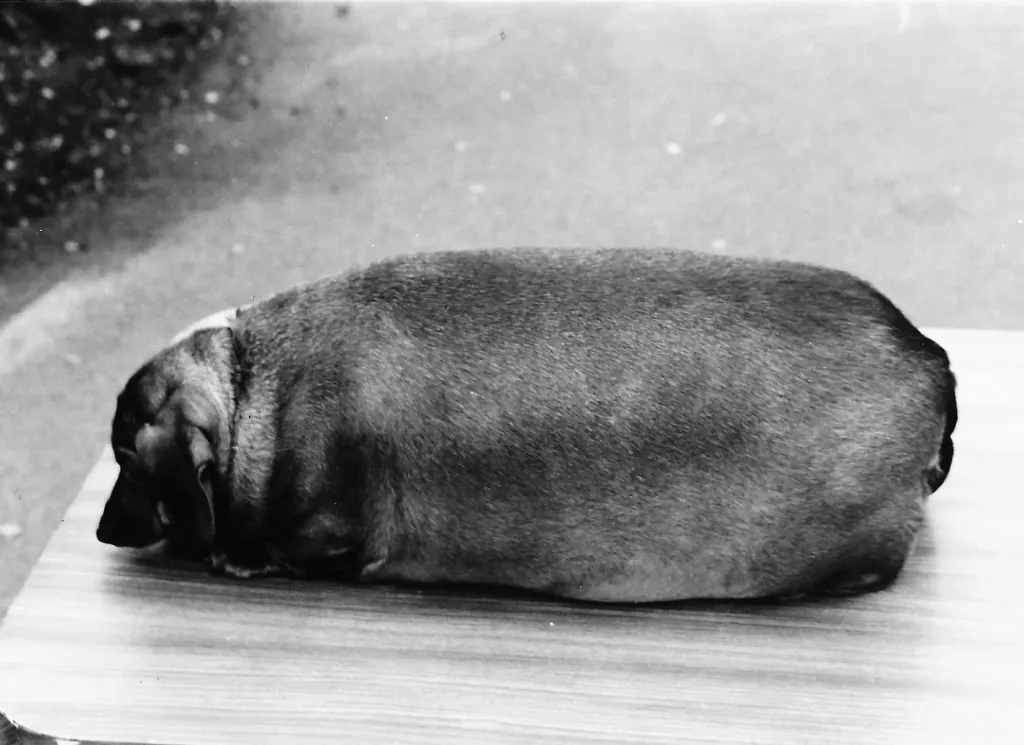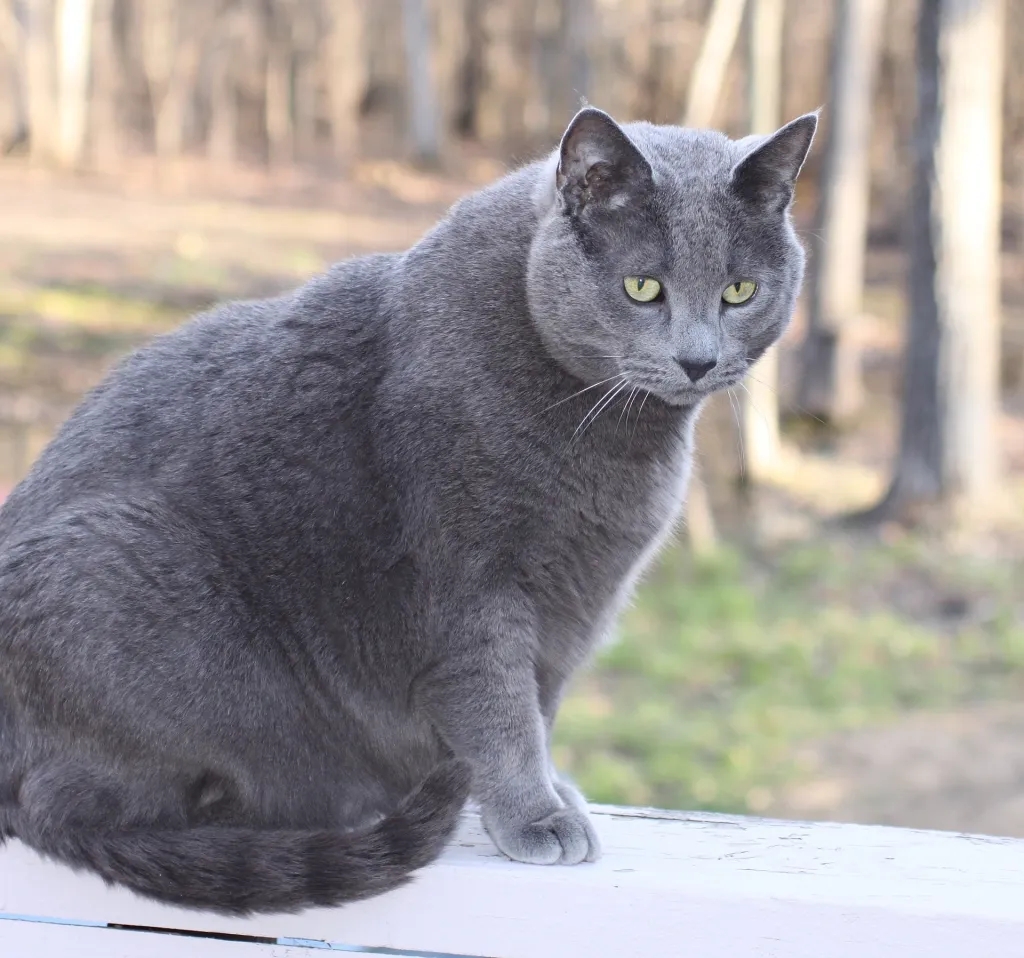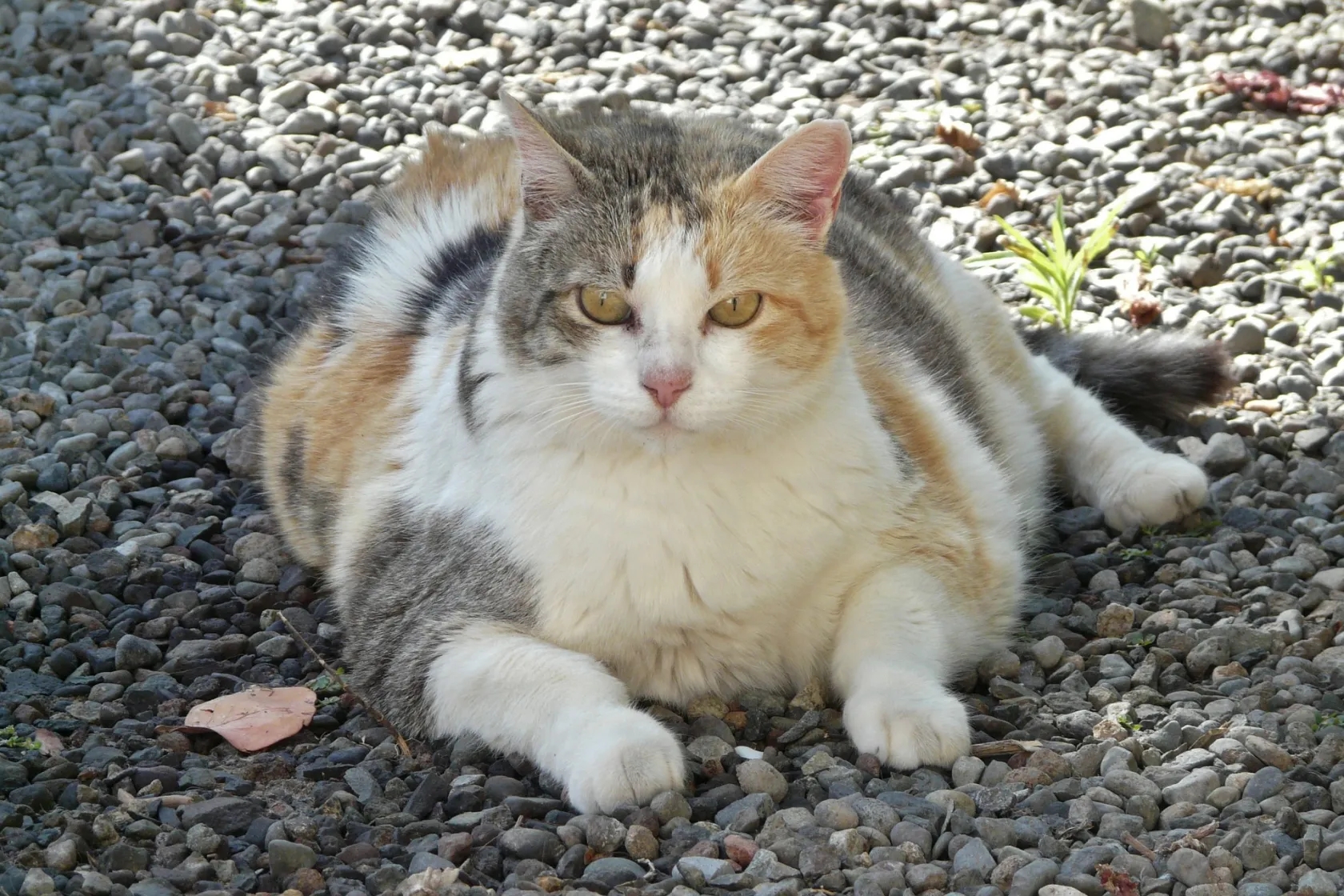Pet Obesity: A Serious Concern.
Obesity among pets should be seen as an act that causes unnecessary suffering, much as starving an animal would.

Obese Dog Animal Rights and Wrongs
It is deeply disturbing that we find it acceptable to post videos regarding pet obesity on social media websites like YouTube which mock or ridicule them, often by ridiculing their struggles to walk, stand up or perform normal behaviour. Many viewers appear to find these videos entertaining as evidenced by more people giving thumbs up than down votes for these clips.
One of my friends shared with me this video that rightly disgusted her; this serves as an effective argument against overfeeding animals as an act which should be prosecutable as it causes unnecessary suffering for an animal and could potentially result in its near-death.
“Canine Obesity Classed as a Disease”
Overeating has long been an issue among our pets, as evidenced by numerous surveys conducted over time. Surveys such as that conducted by the British Veterinary Association (BVA) polling 1,600 vets revealed that obesity was their top health and welfare concern for UK pets; during one World Small Animal Veterinary Association One Health meeting they classed canine obesity officially as a disease.
Pet obesity can be fatal. Prof. Susan Dawson, President of the British Small Animal Veterinary Association (BSAVA), stated: “All companion animals deserve to receive a nutritionally balanced diet; in fact it is required by animal welfare acts”.
Gudrun Ravetz, President of the BVA has stated: Obesity can be deadly to pets. Many owners show their love by feeding their animal treats when this may actually be doing more harm than good – most animals would much prefer playing or engaging with their owner more than receiving one.” Source.
In the United States, 60% of cats and 56% of dogs are judged obese, according to one 2017 study of over 1600 UK dogs over two years old. Furthermore, another 2017 UK study conducted with 1650 dogs revealed that 65-70% were overweight while 9% clinically obese (Source).
Dogs under two years old fared slightly better with 37% overweight and 3% obese. Obesity is a serious life threatening ailment which can result in reduced lifespan, heart disease, kidney and respiratory issues, strain on joints arthritis and diabetes – just to name a few of its consequences.
Why don’t we treat pet obesity more seriously?
Publicity regarding overfeeding animals does not address an essential question: whether we should consider over-feeding our pets an act of unnecessary cruelty and unnecessary suffering when it impedes on their natural behaviors and functioning as normal dogs and cats.
Even when evidence exists to show it causes animal harm and should be prevented, we tend to view their owners as misinformed and ignorant individuals in need of education. When their pet suffers both physically and psychologically due to such carelessness we do nothing, unlike when it involves children.

Obese or overweight cats.
Cats are just as susceptible to obesity as dogs are, with both being affected equally by it. Unfortunately, there has been much criticism within the veterinary community of not taking obesity in pets seriously enough or doing enough to combat it; but placing blame solely at their door won’t solve anything!
Pet obesity lies with irresponsible owners. Vets have enough on their plate without being asked to shoulder additional responsibility and act upon signs that their pet is becoming overweight; owners need to recognize when this happens and be able to respond accordingly. Unfortunately, surveys show that 33% of owners only take their dogs for short walks once per day if lucky, 68% do not adjust feeding amounts appropriately, 26% feed leftovers regularly, and 30% never even bother checking their weight; surely this cannot be seen as being responsible?
Overfeeding a dog or cat to become morbidly overweight constitutes unnecessary suffering and must be seen as an act of cruelty, just like when an animal starves itself to death. Furthermore, as many owners lack the willpower or ability to diet their pets on their own accord – evidenced by them allowing this situation to arise in the first place – removal is sometimes the best course.
Any animal allowed into this state should take great umbrage at their current predicament.

